Mumbai/ Delhi, Aug 23, 2024: Philanthropies and impact-first investors can play a crucial role in supporting India’s farmers as they adapt their livelihoods to climate change and boost their income, according to a new study.
The study titled “Building Climate Resilience and Prosperity: Six Bold Bets for Smallholder Farmers and Farm Workers” was undertaken by The Bridgespan Group and supported by HSBC India.
The study lists six prime opportunities, referred as "bold bets”, which have the potential to build resilience for agrarian communities. Investments in these following areas can unlock approximately Rs 3.49 lakh crore (nearly $45 billion) in adaptation finance, if fully leveraged, it said.
Firstly, supporting the transition to natural farming practices can reduce production costs per hectare, conserve water, increase soil carbon storage, and enhance soil fertility, water retention, and biodiversity. This approach also has climate benefits and can lower production costs. Secondly, providing low-collateral loans to farmer producer organisations (FPOs) for investment in water conservation and livestock-based livelihoods can ensure dependable irrigation, significant income growth, and improved household nutrition and health outcomes. This can also help FPOs develop water infrastructure and invest in community animal-rearing infrastructure.
Thirdly, supporting FPO-run seed banks for climate-resilient crops can help farmers adapt to climate hazards, safeguard their incomes, and bolster agricultural sustainability and food security. This also leads to lower water consumption for irrigation, which can improve groundwater levels in the long run. Fourthly, supporting FPOs to enable farmers to bring high-margin crops to the market can help farmers diversify and undertake value-added activities, boosting farmer incomes.
Fifthly, offering weather-indexed wage loss micro-insurance can provide immediate payouts to marginal farmers and agricultural labourers when specific weather conditions cause crop loss, enhancing financial resilience. Lastly, lending to agricultural micro- and nano-enterprises can provide farmers access to agricultural products, generate employment opportunities, and boost local economies.
The report was released recently by Faiz Ahmed Kidwai, Additional Secretary, Dept of Agriculture and Farmers Welfare, Ministry of Agriculture and Farmers Welfare, Government of India.
Speaking at the programme, Kidwai said, “Our farmers are the biggest risk takers who are working tirelessly to ensure food and nutritional security for the nation. The government is working towards transforming the agricultural ecosystem that not only encourages the adoption of sustainable practices, but also enhances productivity and income for the farming households.”
The research focuses on the needs of marginal farmers—smallholders and sharecroppers cultivating less than one hectare (2.47 acres)—and farm labourers. The bold bets were identified with the needs and preferences of these communities as a starting point and are supported with case studies and expected impact.
Reiterating HSBC India’s commitment to climate innovation and nature-based solutions, Aloka Majumdar, MD, Global Head of Philanthropy & Head of Sustainability, HSBC India, said, “The objective of the Climate Equity Initiative is to influence innovations and investments for climate action. For this to be effective, it is important to incorporate the voice of the vulnerable communities, who are likely to be excluded from decisions that affect their lives. We hope that this report will drive collaborative work in ensuring sustainable development and preservation of our natural ecosystem.”
The survey has been conducted with nearly 800 farmers and 150 labourers in four Indian states (Andhra Pradesh, Bihar, Maharashtra, and Uttar Pradesh) through in-depth interviews, and field visits. Women made up 40 percent of survey respondents, and members of Adivasi and Dalit communities made up over half of the farmers and 70 percent of the farm labourers surveyed. The study also draws on conversations with more than 80 experts, leaders, and practitioners working on climate and agriculture issues, including investors, think tanks, government entities, and NGOs.
Anant Bhagwati, Bridgespan partner and co-author of the report, said, “Marginal farmers’ and farmworkers’ households are aware of the changing climate’s impact on their farming habits. Yet they have fragile finances, and social supports do not always reach them. Centering their voices, and the voices of other vulnerable communities that need tailored support, such as women, Dalit, and Adivasi farmers, is the surest form of adaptation there is.”





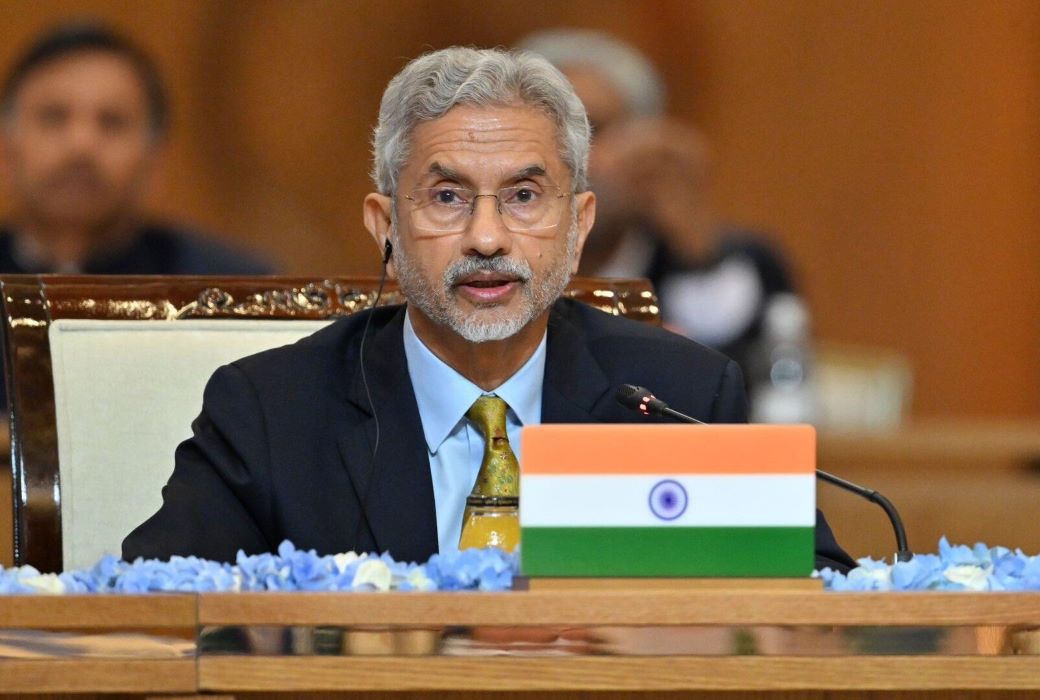
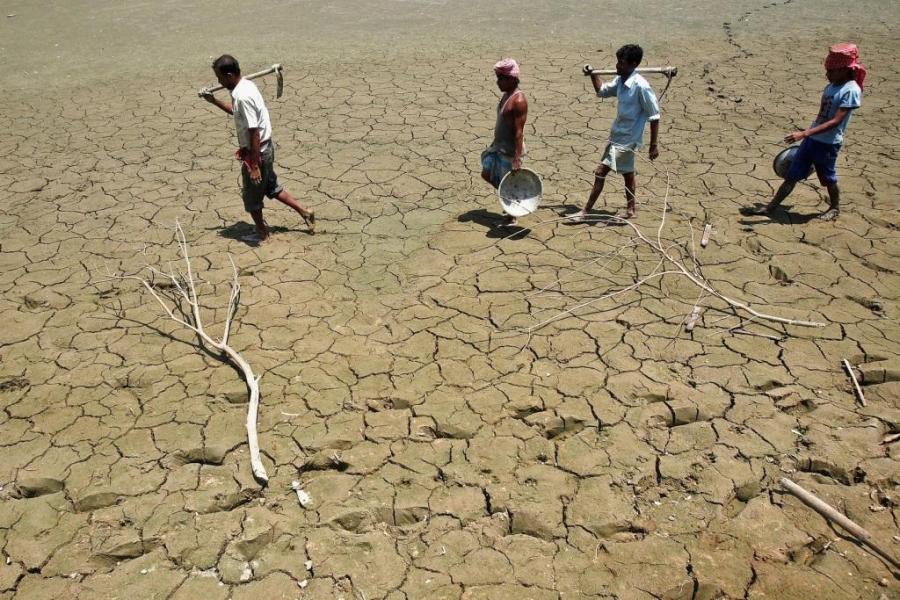
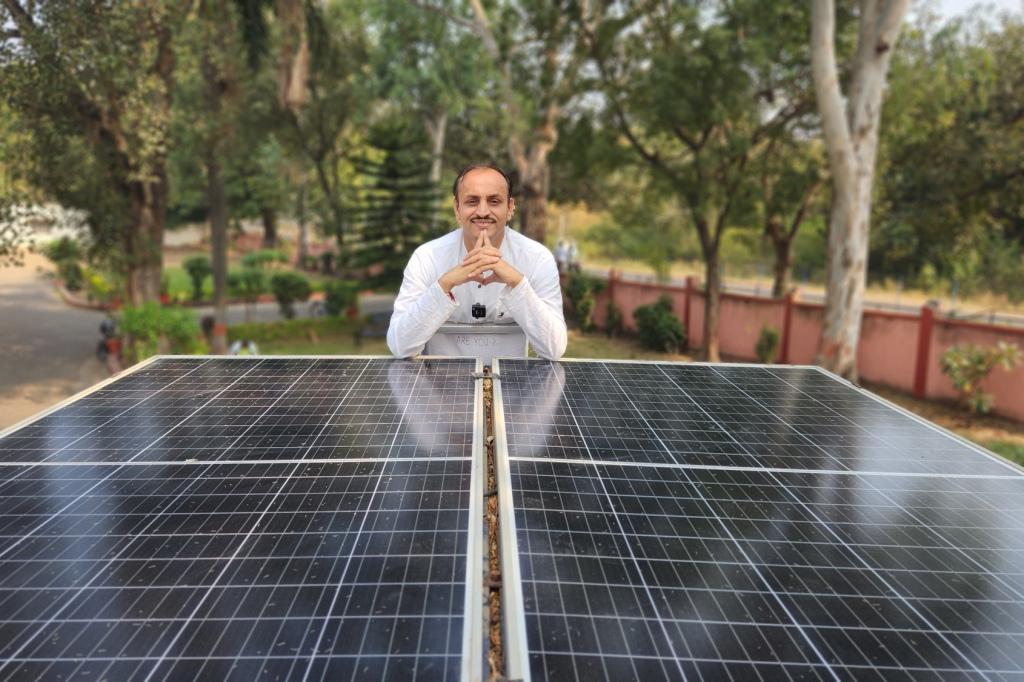
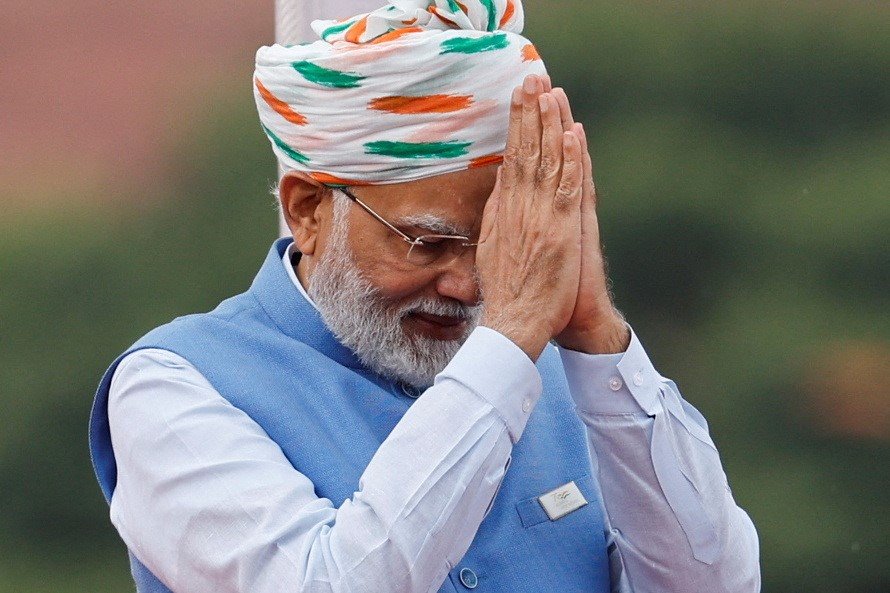

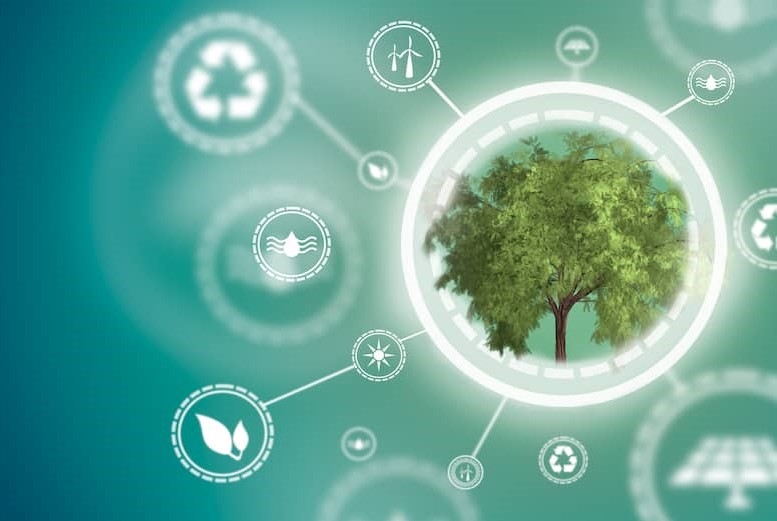



.jpg)



